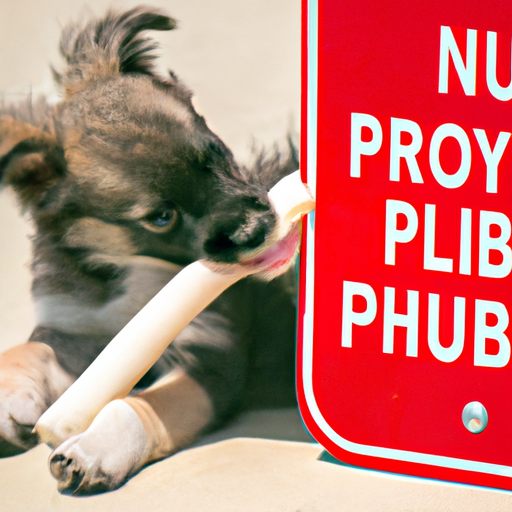In your role as a caregiver, dealing with a biting puppy can be a challenging task. However, understanding why and when dogs stop biting can help you navigate through this phase of your furry friend’s life.
Why Do Puppies Bite?
Puppies explore their world through their mouth, much like human babies do. Biting things is how they learn about their environment. This is called “mouthing,” and while it can be cute at first, it can become a problem if not addressed correctly.
Here’s a breakdown of reasons why puppies bite:
- Teething: This is a critical phase where puppies lose their baby teeth and grow adult ones. This can cause discomfort and biting helps alleviate the pain.
- Playfulness: Puppies often bite during play. This is a natural behavior they use to interact with their littermates.
- Exploration: Puppies are curious creatures. They use their mouths to explore their surroundings.
- Attention Seeking: Sometimes, puppies might bite to get your attention.
When Do Dogs Stop Biting?
As a caregiver, your primary concern might be, “When will my puppy stop biting?” Well, most puppies grow out of it by the time they reach the age of 6 to 7 months, when they’ve finished teething.
| Age | Biting Level |
|---|---|
| 0 – 3 months | High (Exploratory biting) |
| 3 – 6 months | High (Teething) |
| 6 – 7 months | Decreases (Teething ends) |
| Post 7 months | Low (Should have learned biting is unacceptable) |
How To Stop Your Dog From Biting?
Training a puppy not to bite requires patience and consistency. Here are some steps you can follow:
- Start early: As soon as your puppy begins to bite, start training.
- Teach bite inhibition: Allow your puppy to understand that bites can hurt.
- Distract with toys: When your puppy starts to bite, redirect their attention to a chew toy.
- Use commands: Teach your puppy commands like “No bite” or “Leave it”.
- Reward good behavior: Praise your puppy when they refrain from biting.
Dealing With Aggressive Biting
Sometimes, biting can be a sign of aggression, which should be dealt with promptly. If your dog’s biting is accompanied by growling, snarling, or snapping, it’s time to consult a professional trainer or a vet.
FAQ
Q: My dog is over 7 months old and still bites, what should I do?
A: If your dog is still biting past this age, it’s best to consult a professional trainer or a vet.
Q: Is it too late to train an older dog not to bite?
A: No, it’s never too late to train a dog. However, it might take a little more time and patience.
Q: How can I tell if my puppy’s biting is playful or aggressive?
A: If your puppy’s biting is accompanied by growling, snarling, or snapping, it might be aggressive.
Remember, as a caregiver, your role is to guide your pet through their life stages with love, patience, and understanding. Biting is a phase that will pass, but how you respond to it can make all the difference.



